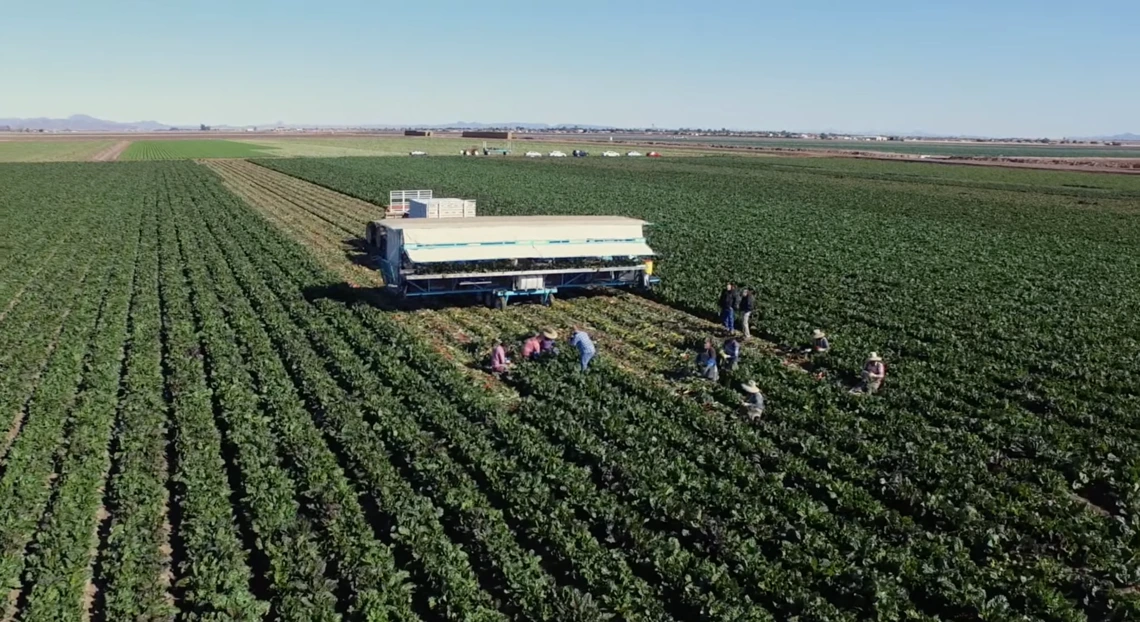Yuma's Agricultural Sector: A $4.4 Billion Powerhouse Driving Arizona's Economy
The Yuma Signal
Archives
Yuma's Agricultural Sector: A $4.4 Billion Powerhouse Driving Arizona's Economy
SIGN UP FOR OUR NEWSLETTER
Yuma's Agricultural Sector: A $4.4 Billion Powerhouse Driving Arizona's Economy |
Innovative Practices and Economic Impact Position Yuma as a National Leader in Agriculture |
Yuma County's agricultural industry stands as a cornerstone of Arizona's economy, contributing a remarkable $4.4 billion in economic activity in 2022.
Of this, $3.9 billion was generated within Yuma County itself, underscoring the region's pivotal role in the state's agribusiness sector.
Renowned as the "Winter Lettuce Capital of the World," Yuma's farms produce over 90% of the nation's leafy greens during the winter months.
This impressive output translates to a retail value of $3.2 billion, positioning Yuma as the third-highest county nationwide in sales of vegetables, melons, potatoes, and sweet potatoes.
Beyond its economic contributions, Yuma's agricultural sector is distinguished by its efficient water usage.
For every $1,000 worth of vegetables sold, less than one acre-foot of water is utilized—a stark contrast to the rest of the Colorado Basin, where the average is 1.44 acre-feet for the same value.
This efficiency highlights Yuma's commitment to sustainable farming practices in a region where water is a precious resource.
The agricultural industry's impact on employment is equally significant.
In 2022, over 20% of wages and jobs in Yuma County were linked to agriculture, generating more than 12,000 jobs and over $530 million in total wages.
However, the sector faces challenges, notably a labor shortage that has intensified in recent years.
This shortage has led to increased agricultural imports, as domestic production struggles to meet demand.
To address this issue, the University of Arizona Yuma, in collaboration with partner colleges, secured a $9.5 million USDA grant aimed at cultivating the next generation of skilled agricultural workers.
This initiative focuses on reducing barriers for Hispanic students pursuing agricultural careers, ensuring a steady influx of talent into the industry.
Yuma's agricultural prowess is not just a local asset but a national treasure.
Its combination of economic impact, efficient resource use, and proactive workforce development strategies solidify its status as a leader in the agricultural sector.
As the industry navigates challenges and embraces opportunities, Yuma remains at the forefront, feeding the nation and driving economic growth. |

